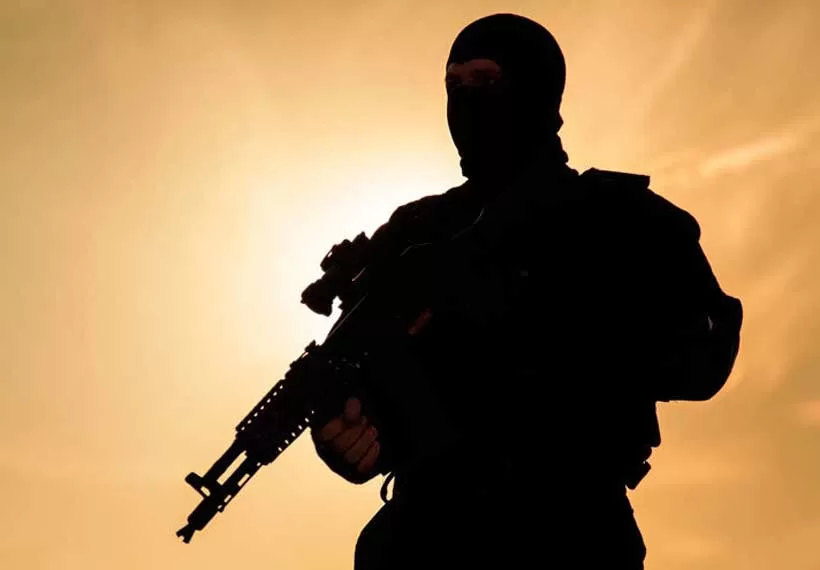Since the Taliban took over, terrorist groups have grown once more. They have more freedom than ever to plan and carry out bad things. Terrorist groups like the TTP, ISKP, and Baloch rebels can now live safely in Afghanistan. Together with spy agencies that are against Pakistan, these groups have carefully reorganized and strengthened their numbers, making them a bigger danger to Pakistan’s autonomy and peace.
The TTP works together with other international terrorist organizations (ITOs), like AQIA and ETIM, because they have similar strategy goals, tactical patterns, and ways of spreading propaganda. This agreement has made it easier for terrorism to happen, and TTP is coming up with clever new plans with the help of Indian actors. The appearance of previously unknown groups like TJP and AuJ, which are able to plan complex suicide bombs and break into secret Pakistani sites, brings up important questions about where they get their knowledge and resources. The truth, which is full of lies, leads back to the TTP, which plans these horrible crimes and changes its name to avoid being held responsible and to avoid Pakistani officials taking harsh action.
The rise in violence in Pakistan has been largely caused by the Afghan Taliban’s unwillingness to stop the TTP from operating within their own country. Al-Mirsad, a media source connected to the Islamic Emirates, says that the TTP continues to do well because it has a safe haven in Afghanistan. Some places, like the Al-Farooq training camp, are breeding grounds for terrorists who are then sent to Pakistan to cause chaos and damage. The temporary Afghan government gives the TTP’s leaders, like Noor Wali Mehsud, complete freedom to plan and carry out terrorist attacks across the border. Some members of the Afghan Taliban are involved in the situation and are helping TTP fighters get into Pakistan. There is proof that American and NATO military-grade weapons are often used in terrorist strikes in Pakistan.
The growing number of terrorist strikes coming from Afghanistan has made people around the world, led by the United Nations (UN) and the North Atlantic Treaty Organization (NATO), unhappy. However, not many people have replied. The main reason for this is how difficult things are around the world and how important it is to keep things in balance in the area. China, Russia, and India are all regional players with strategic interests that affect how they act and how they help solve the problem. After pulling its troops out of Afghanistan, the US’s role has been questioned, and there have been calls for a more proactive approach to make sure that Afghanistan doesn’t become a global hub for terrorists again.
International groups could step up their diplomacy efforts to put more pressure on the interim Afghan government to keep its promises to stop terrorist groups operating within its borders. When people are constructively involved and the consequences for not following the rules are made clear, progress might be made. Using economic tools, like putting bans on groups that support terrorism and requiring the Afghan government to take real steps to fight terrorism before giving them help, could work. To stop humanitarian disasters, though, this needs a fair strategy. Under the watch of international groups, terrorist networks could be broken up by states sharing more information and working together more on their militaries. Some ideas for projects are joint actions, making the borders safer, and teaching people how to fight terrorists.
To fight the threat of terrorism, Pakistan has been working hard to improve its internal security. Military and police operations have stepped up, with a focus on raids based on information, attempts to stop people from becoming radicalized, and protecting targets that are easy to attack. But the Pakistan-Afghanistan line is not very solid, there are problems with the economy and society, and there are a lot of different terrorist groups in the area. Some of these steps have helped stop terrorist actions, but the fact that terrorist groups are flexible, their strategies are always changing, and they get help from outside sources makes things more difficult. We need a broad strategy that includes programs to help people stop being radicalized, economic growth, and working together across countries to get to the bottom of terrorists.
